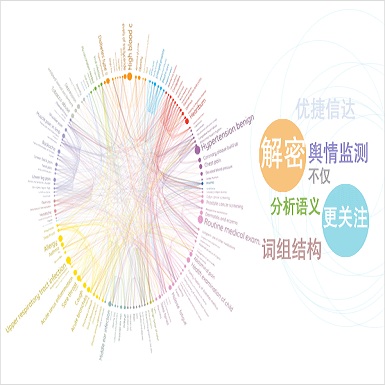Due to the large volume of data and information generated by a multitude of social data sources, it is a huge challenge to manage and extract useful knowledge, especially given the different forms of data, streaming data and uncertainty and ambiguity of data. Hence, there are still challenges in this area of BD analytics research to capture, store, process, visualise, query, and manipulate datasets to derive meaningful information that is specific to an application's domain. This chapter attempts to address this problem by studying Semantic Analytics and domain knowledge modelling, and to what extent these technologies can be utilised toward better understanding to the social textual contents. In particular, the chapter gives an overview of semantic analysis and domain ontology followed by shedding light on domain knowledge modelling, inference, semantic storage, and publicly available semantic tools and APIs. Also, the theoretical notion of Knowledge Graphs is reported and their interlinking with SBD is discussed. The utility of the semantic analytics is demonstrated and evaluated through a case study on social data in the context of politics domain.
翻译:由于许多社会数据来源产生的大量数据和信息,管理和获取有用的知识是一项巨大的挑战,特别是考虑到数据的不同形式、数据流以及数据的不确定性和模糊性,管理和获取有用的知识是一个巨大的挑战,因此,在BD分析研究领域仍然存在挑战,以捕捉、储存、处理、可视化、查询和操纵数据集,以获取一个应用领域特有的有意义的信息。本章试图通过研究语义分析和域知识建模来解决这一问题,以及这些技术在多大程度上能够用于更好地理解社会文字内容。特别是,本章概述了语义分析和域图学,然后介绍了域知识建模、推论、语义储存和公开提供的语义工具及语言信息学。此外,还报告了知识图的理论概念,并讨论了它们与SBD的相互联系。语义分析的效用是通过政治领域的社会数据案例研究加以展示和评价的。



